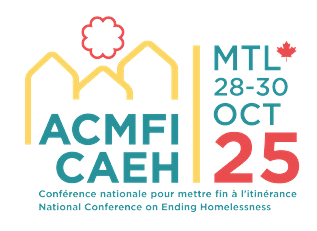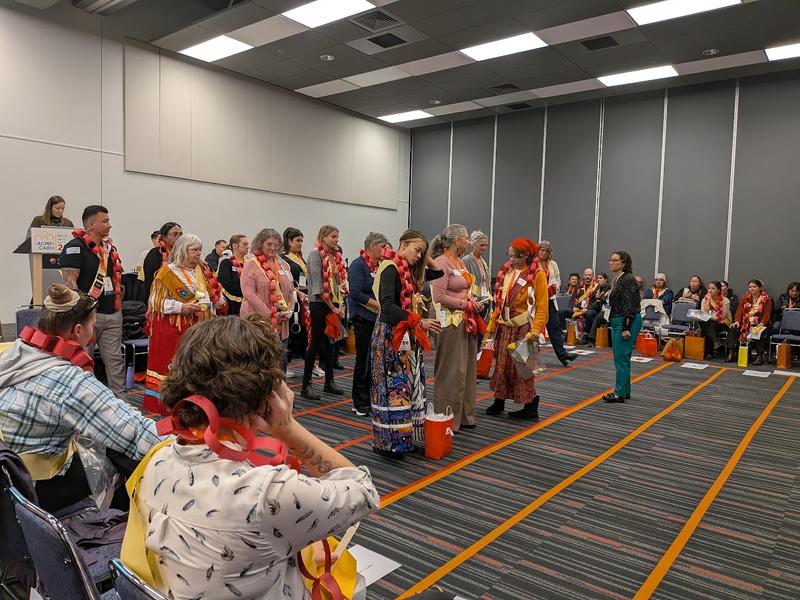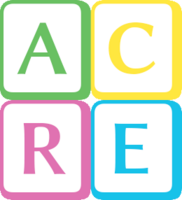
And that concludes our annual three-day conference in Montreal. It was lovely to connect with everyone! Here are my top takeaways from the conference:
-
Loretta Ross - who is amazing, by the way - spoke about how the only way to defeat fascism is by building a movement, and that includes not alienating potential allies. She talked about why cancel culture is problematic for this. If someone makes a mistake about someone's pronouns or uses an inappropriate racial slur and your immediate reaction is to cut them off, then you're closing the door on someone. Instead of calling out our potential allies on every misstep, try calling them in: "inviting them into conversation instead of conflict by focusing on your shared values over a desire for punishment."
-
Artificial intelligence is not just coming, it's already here, and it's impacting our work in so many ways. Who hasn't tried ChatGPT just to see how it works? And some people are increasingly using it as part of their day-to-day work. So how does this affect our work? Adam Ruege from Community Solutions outlined a framework they've been working on to guide how to think about AI in the sector (DRH1):
-
Always make sure humans are kept in the loop. AI definitely needs oversight, whether you've asked it to write a document for you, optimize some code, or analyze some data... it will make mistakes. Don't rely on it too much, and make sure humans always have the last say. On a related note, don't let AI make any decisions about anything, or trust its predictions without a lot of validation.
-
Don't let AI have access to personal data about clients, especially if you're using one of the off-the-shelf tools like ChatGPT which are, of course, owned by big corporations. It's probably a breach of privacy for you to plug that information into the AI tool, and once you've plugged it in, who knows what the corporation will do with it.
-
There's more. If you're interested, connect with Adam. He's done a lot of thinking about this!
-
- Steven Rolfe at Western University is doing a research project about supportive housing, which is great. The part that I liked is that the project relied, in part, on some data from HIFIS, and it was done well. I've definitely been to some other presentations (not this year, though!) which included analysis based on data from HIFIS that showed that the researchers really didn't understand how the tool was being used on the ground. I'm really loving seeing HIFIS data being used in this kind of way! (COH4)
-
I was blown away by the performance by Nina Segalowitz and Lydia Etok, who are Inuit throat singers. I never knew before that throat singing was a competition, with two participants that are trying to trip each other up. For me, that made me change the way how I experienced the performance - it made it feel a lot less formal and way more fun. Wanna watch? Here's a YouTube video of the two of them:
-
I knew about the PATH Process and am actually working with the NIHC on translating it into HIFIS language, but I'd never really seen it in action before. In IH3, participants represented individuals experiencing homelessness, were given props that signified various attributes, and physically got up and moved around the room and were prioritized according to the PATH Process. Then a participant played the landlord who had a unit available, and he ended up selecting one person for the unit. It was really powerful to watch it play out with real humans instead of just talking in the abstract.

-
There were jugglers, unicycle riders, stilt walkers, dancers, and other performers from Cirque Hors Piste at the welcome reception, which was just so much fun and very unexpected!
-
David Wachsmuth from McGill University is doing some interesting research into the people that live in encampments from the perspective of transitions in and out of the encampments. Some of his insights were expected (e.g. it's hard to transition out of an encampment), but others were less so (e.g. the high prevalence of hoarding disorder). He also talked about some people moving from one encampment to another for a change of pace, like moving to an encampment on the outskirts of town for a break from busy downtown life. And, from a research perspective, he considered living in an encampment distinct from, say, sleeping on the sidewalk, because of the community aspect. Interesting stuff.
-
I did a HIFIS Referrals focus group in person! It was cool to chat with folks about this project in person. If you're interested, sign up for the mailing list about this project!
- I'm technically an urban planner, so I was interested to hear about Winnipeg's Emergency Residential Shelter Permit. Basically it allows you to get a fast-tracked permit to allow a building to be used for temporary emergency sheltering even if it's normally a church or a warehouse, and the barriers/requirements for that are lower, like basically just fire safety. It's the first I heard of anything like this. I wonder if it's a model that can be used in other communities, too?
-
It was very cool seeing Steven Page from the Barenaked Ladies sharing his experience with mental illness. And he performed Brian Wilson and What a Good Boy (both of which he wrote while he was going through hard times - listen to the lyrics!), which was a real treat.
Other people's takeaway might have been seeing the Jesse Thistle keynote, but unfortunately I had to catch a train so I missed it 😭!
That's it for this year! See everyone next year in Winnipeg for CAEH26!

Comments